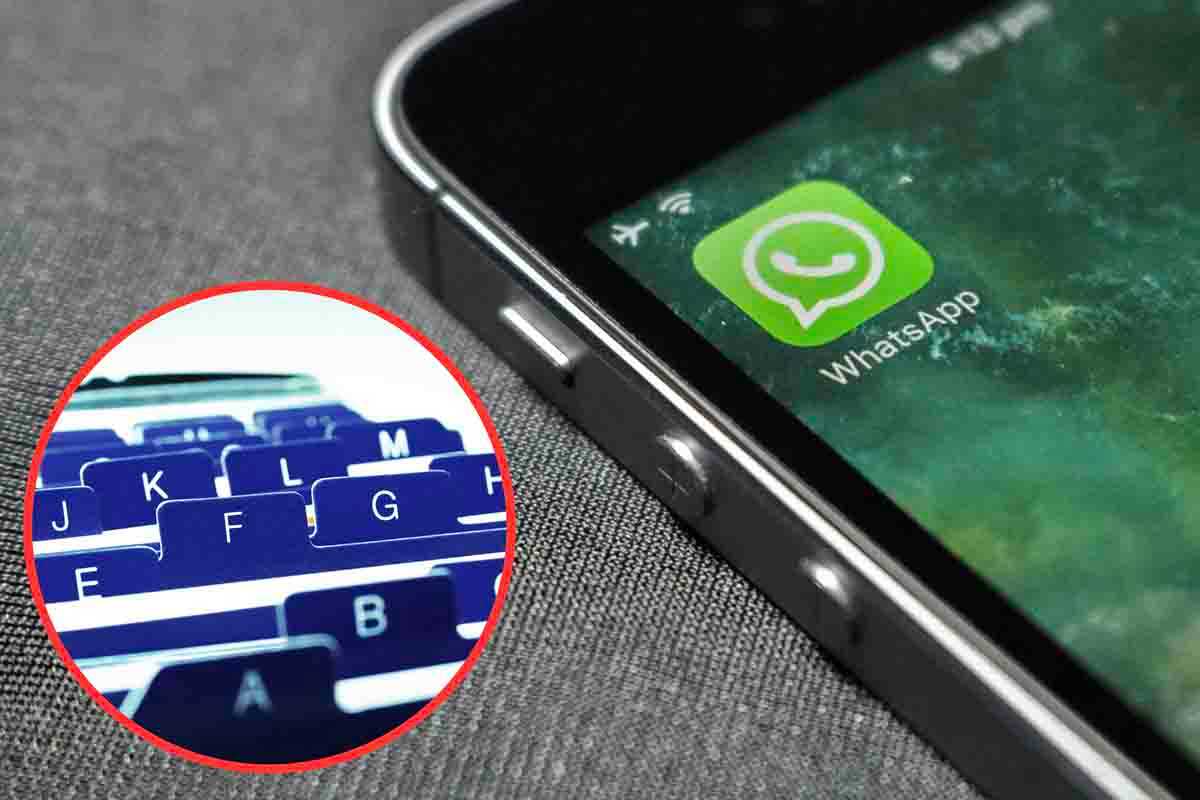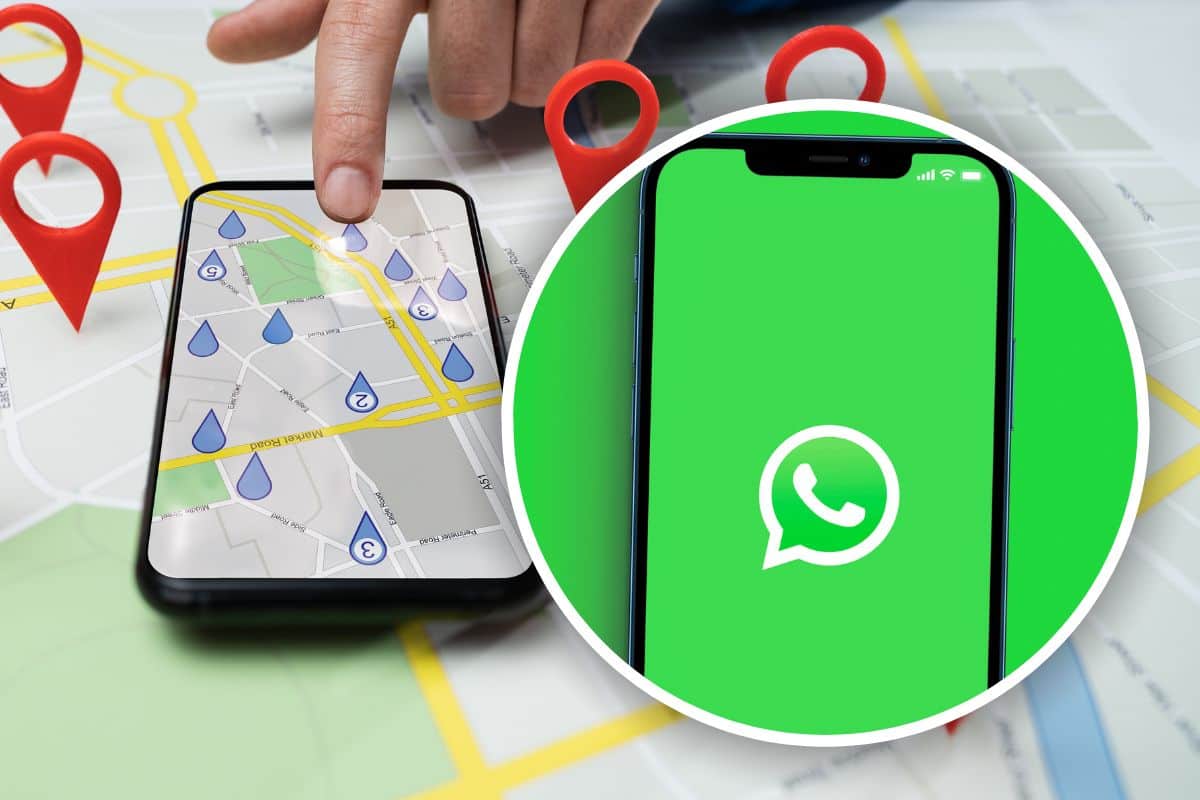Just like every other aspect of our lives, smartphones and tablets have made learning more accessible, convenient, and portable than ever. With hundreds of educational apps available, you can find an app for nearly any subject or grade level.
While some educational apps are designed to cover general topics or are used as study aids, others are created with specialized fields of study in mind. To help you find which ones suit your learning preferences, we’ve compiled our top picks for Android and iOS.
Looking for apps that are a little more specialized? We’ve also got a list of the best apps for teachers and educators on iOS and Android.
Apps for learning
Looking to learn something new? Here’s where you’ll find the apps to make that happen.
The Great Courses (free/in-app purchases)
College is a great place to get an education, but if the thought of doing homework or racking up a hefty sum of student debt doesn’t appeal to you, The Great Courses offers lectures from expert professors, covering a wide variety of subjects including literature, history, business, math, music, and even cooking. The Great Courses app lets you download or stream courses, and is compatible with Chromecast. The lectures are professionally made and presented clearly, with visual aids when necessary. While the app itself is free, you’ll have to pay for individual courses. There is a free trial, though, and courses go on sale from time to time. Plus, your smartphone probably weighs a lot less than a textbook.
Duolingo
Learning another language is rarely easy, but Duolingo’s free app makes it a lot easier. Duolingo has over 30 languages to choose from, and it offers fun lessons designed like mino-games. It’ll give you a poke every day to remind you, and each lesson takes just 5 minutes on average. 5 minutes a day in exchange for learning a whole new language? That’s a real deal. It’s completely free to use, though you can spend money to repair a learning streak if you accidentally took a day off, or to restore your in-game health.
Brainscape (free/subscription)
Brainscape claims you can double your learning speed by using flashcards. Brainscape paces the repetition of each concept perfectly, so you retain knowledge more effectively. Rate how well you know each concept and Brainscape will determine the right time to give you another quiz. It’s free to create, share, and find user-generated flashcards. Pro subscription is billed at $10 per month, $42 every six months, or $60 per year. If you’re dedicated enough and are happy you’ll stick with it for a long time, a lifetime subscription costs $120 — at least two year’s worth. Subscriptions give you access to unlimited premium content, features like bookmarks, browse mode, card reversibility, and allow you to create flashcards without ads.
Ready4 SAT (free/$20 premium upgrade)
Ready4’s series of test prep apps, like Ready4 SAT, goes well beyond just drilling you to answer practice questions. It actually aims to teach you the material and test-taking tips in mobile-friendly chunks, so that you can study whenever and wherever you have your smartphone. This free app even tries to match your potential SAT score with schools and academic programs around the world, just in case you need extra motivation to study. Only a few lessons are free though, and you’ll need to pay $20 for the premium version to unlock the rest.
Photomath
For high-school students who just need a bit more guidance on how to isolate “x” in their algebra homework, Photomath is essentially your math buddy that can instantly solve and explain every answer. Simply snap a photo of the question (you can also write or type), and the app will break down the solution into separate steps with helpful play-by-play so that you can apply the same principles to the rest of your homework. It’s completely free, and works without Wi-Fi.
Memrise (free/subscription)
While you could buy yourself a textbook and teach yourself a new language, Memrise offers a different path, teaching you vocabulary through real world use. Boot up Memrise, choose a language you want to study, and real native speakers will teach you their language from the streets of their home country. Memrise is available for free, although the free version only offers so much; for the full deal, you’ll need to purchase a premium subscription. Memrise Pro starts from $9 a month, but there are a number of longer plans to reduce the price per month, and even a lifetime subscription for $120.
Math Motion for Schools (subscription)
Not many kids are excited to practice addition or multiplication outside of school, but they might be more enthusiastic about applying their math skills to run a mean cupcake business or feed fish. From figuring out the cost of each cupcake, bouncing a monkey, or creating a pizzeria, Math Motion brings elementary-level math to a number of engaging and fun minigames. You’ll need a subscription to access all 7 games though, and that starts from $3 a month. Still, that’s not a bad investment to help keep the kids quiet if they’re cooped up in the house.
edX (free/in-app purchases)
Higher education is no longer exclusive to college students or contained within Ivory Towers. EdX makes it possible for anyone with a smartphone to learn from distinguished institutions such as MIT and McGill, and maybe even earn a certificate while you’re at it. You can tune into online lectures, take quizzes, and complete assignments at your own pace, all without having to worry about getting a student loan (though some certificates and courses do cost extra).
Periodic Table

More than just another interactive periodic table, this Periodic Table app from the Royal Society of Chemistry incorporates everything from podcasts to videos to help you learn about the elements. Don’t worry about being overwhelmed by all the information though, as the app showcases different levels of data to satisfy everyone, from a novice to an AP Chemistry student.
TED
It’s rare that an organization truly makes you think. The TED app lets you peruse more the entire library of more than 1,700 TED Talks videos, introducing you to intriguing presentations and revolutionary ideas from education radicals, tech geniuses, business gurus, musical legends, and the like.
Khan Academy
Education can be expensive. Fortunately, Khan Academy provides more than 4,000, free downloadable videos, so you can brush up on everything from K-12 math and earth science to art history and computer science. You can also track your progress and unlock basic achievements.
Star Walk 2 ($3/in-app purchases)
As an augmented-reality app of sorts, Star Walk 2 is an elegantly designed mobile stargazing app of the highest quality. The app follows your device’s movements in real-time, offering views and providing info on more than 200,000 stars, constellations, and other celestial bodies. Not sure if that pinprick of light is a star or planet? Star Walk 2 can help you find out. Moreover, the app possesses a remarkable calendar of celestial events and lets you view the night sky during different time intervals. It does have further microtransactions outside of the initial purchase though, and the content packs offer 3D models and information on a range of other elements of the night sky, including comets and distant galaxies.
Learning support apps
While these apps don’t educate you directly, they are exceptionally useful for making sure you keep up with your education. You’ll find great apps for note-taking, reminders, and scheduling here.
My Study Life
School life is complicated. To help you stay on top of your schedule and often conflicting deadlines, My Study Life is more than just a day planner and school calendar — the app even sends reminders to your mobile device whenever you have upcoming deadlines. As one of the few ad-free agenda apps on the market, My Study Life’s colorful interface gives you all the info you need regarding your day at a glance.
GradeProof
Most students don’t have a personal editor to show them how they can improve their writing, one sentence at a time. GradeProof’s AI offers concrete ways to improve your style, check for originality, as well as identify complex grammatical issues that other word processors often miss. While the app itself is free, you’ll need to upgrade to the $10 per month GradeProof Premium to unleash the full power of this pocket writing coach with an advanced grammar, eloquence, and plagiarism checker.
Due ($7)
You can think of the aptly-titled Due as a robust alarm clock, one that functions without an account or Internet connection. With Due, you can set reusable countdown reminders and implement both daily and weekly reminders that capitalize on nearly 60 alert tones. Moreover, reminders sync across your devices and automatically shift as you cross time zones.
Mendeley
If you already use Mendeley Desktop to manage your research citations and collaborate with classmates, then the Mendeley app is a no-brainer. After all, the app is a PDF reader that lets you annotate and search across the journal articles you need for your paper or your class readings, directly on your mobile device. Once you’re back at your computer, the app will also sync your mobile notes to keep you organized.
Evernote
We’ve touted Evernote more than once. The free productivity app gives you the tools for taking photos, crafting notes, creating to-do lists, and recording voice reminders, all of which you can tag for additional organization. The app even syncs content across multiple devices — though you can only have two devices for free.
Microsoft OneNote
Now that Evernote is charging users who want to use its app on more than two devices, Microsoft’s OneNote is looking like a decent alternative for your mobile note-taking needs. It helps that the app is usually pre-loaded on new Windows 10 devices, and works across all platforms. Not only can you record a lecture and snap photos while “handwriting” your notes with a stylus or pen, but you can back up your class notes to OneDrive and Office 365.
Notability ($10)
The iCloud-abetted Notability lets you take notes in a variety of forms. With Notability, you can sketch ideas, annotate uploaded documents, sign contracts, and complete worksheets in addition to other actions. You can also format documents, using the app’s advance word processor.
Quizlet
Quizlet is an excellent app that turns simple into useful. The main focus of this app is the use of flashcards. While the studying technique may be old-fashioned, the upgraded platform integrates text, images, and audio. The app and website are perfect for all-nighters and long-term studying alike, while the platform allows users to share quizzes and resources.
StudyBlue
Studying is the mainstay of an education. Like the study platform above, StudyBlue also implements the use of flashcards, along with study guides and quizzes. The app gives you access to an evergrowing library of flashcards created by other students. StudyBlue makes learning fun by giving you a score after each set of flashcards you complete so you can challenge yourself to do better next time.
WolframAlpha ($3)
Queried by Apple’s Siri, WolframAlpha utilizes a vast collection of algorithms and data to answer any questions you might have about, well, anything. You can expect to get accurate answers along with a wide range of reliable sources. We like WolframAlpha because this app always tells you how the knowledge engine reached an answer.
Editors’ Recommendations














